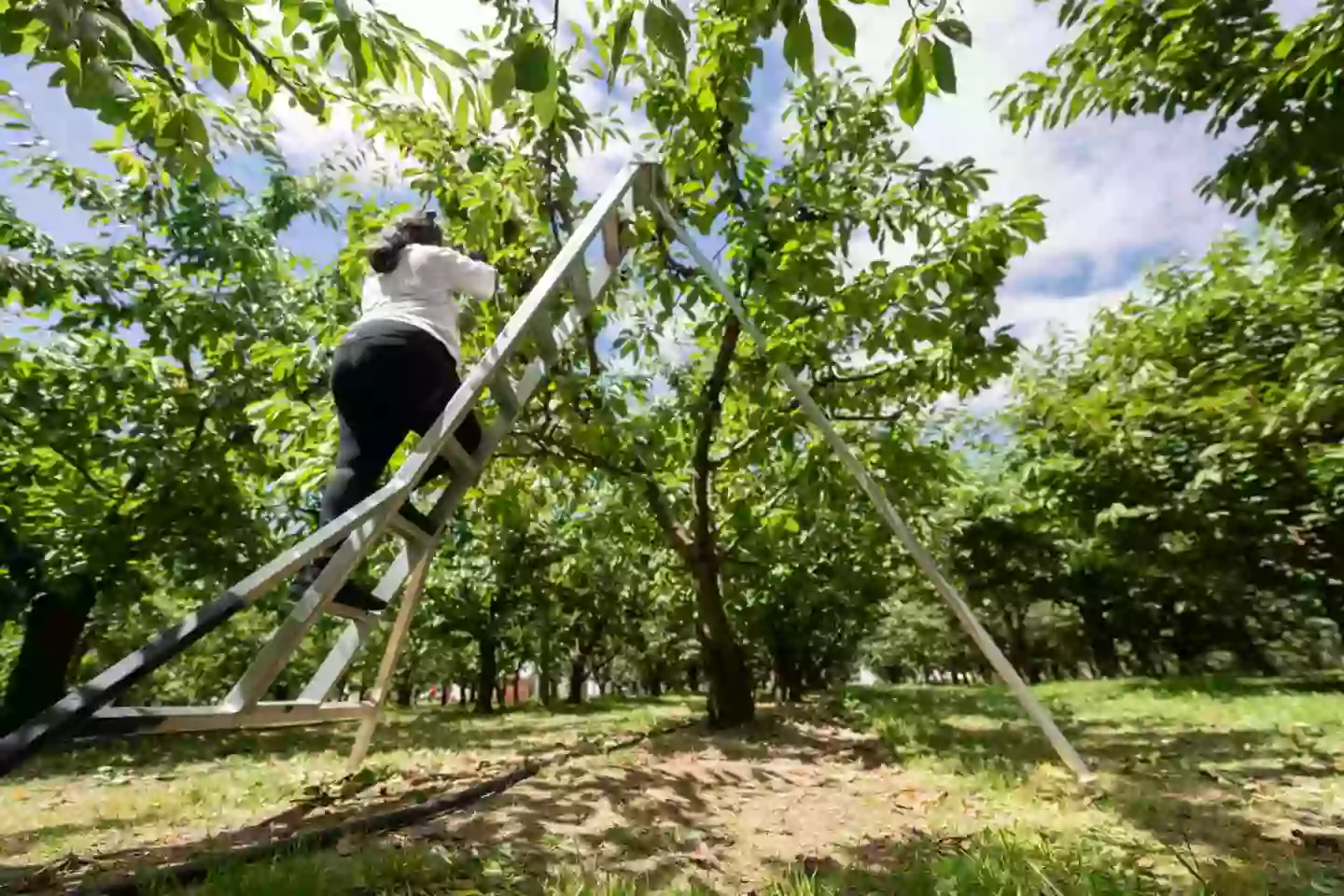
We might soon see the end of the traditional 5-day 9-to-5 schedule, as Microsoft founder Bill Gates predicts that advancements in AI could replace humans enough to allow for a 2-day work week.
Very few things are as entrenched in modern day society as the standard working week, as millions of people across the country follow the exact same schedule five days out of seven, every single week of the year.
While there are plenty of jobs which lean towards the extreme end of things, including Elon Musk's new government department which has employees working around 120 hours a week, health experts have outlined the dangers of subjecting your body to hours greater than what's recommended.
Advert
However, an almost utopian 2-day week could be on the horizon for workers thanks to advancements in artificial intelligence if you believe Bill Gates, as the Microsoft founder claims that AI's ability to do replace humans for 'most things' will greatly benefit work-life balance.
As reported by Fortune, Bill Gates revealed during an interview on The Tonight Show Starring Jimmy Fallon that AI will eventually make 'intelligence' free to everyone, using doctors and teachers as an example, and would lead to people working far reduced hours.
"It's kind of profound because it solves all of these specific problems like we don't have enough doctors or mental health professionals, but it brings with it so much change. What will jobs be like, should we just work 2 or 3 days per week, so I love the way it'll drive innovation forward but I think it's a little bit unknown [whether] we will be able to shape it."
Advert
What Gates is largely referring to is the point at which AI would achieve 'artificial general intelligence' (AGI), where it would in essence match and potentially even exceed the capabilities of humans.
This will, in his own words, lead to only a handful of jobs surviving the AI revolution, but these will typically be those that we'd want humans to be doing.
"We'll decide, like baseball - we won't want to watch computers play baseball - so there will be some things that we reserve for ourselves, but in terms of making things and moving things and growing food, over time, those, will basically be solved problems."

Advert
What some might criticize in Gates' outlook though is what'll happen to those people who currently do the 'problems' that AI will 'solve'. Geoffrey Hinton, known as the 'Godfather of AI', has previously outlined the extreme wealth gap that AI advancements will create, and the future prosperity of society would entirely depend on the ability to support people without the need of jobs.
There's also the ethical consideration too, which has been raised by one Jeff Bezos-backed CEO, as the efficacy of artificial intelligence is entirely dependant on those in control, and even the Vatican has outlined the dangers that AI could create in left in the wrong hands.
